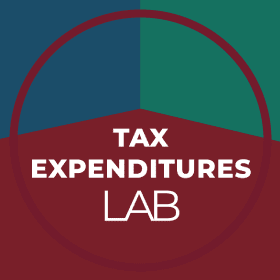The Global Tax Expenditures Transparency Index (GTETI) is the first comparative assessment of tax expenditures (TEs) reporting that covers countries worldwide. Countries are assessed on five dimensions: (1) Public availability, (2) Institutional Framework, (3) Methodology and Scope, (4) descriptive TE Data, and (5) TE Assessment. The GTETI provides a systematic framework to rank countries according to the regularity, quality and scope of their TE reports, and aims at increasing transparency and accountability in the tax expenditures field.
The Global Tax Expenditures Transparency Index (GTETI) is a project led by the Council on Economic Policies (CEP) and the German Institute of Development and Sustainability (IDOS).
Watch the GTETI video animation
Background
Governments use tax expenditures (TEs) – also called tax breaks, tax reliefs or tax subsidies – to pursue a variety of policy goals. TEs are deviations from the benchmark or standard tax system that provide preferential tax treatment to individuals or businesses. They can trigger substantial tax revenue losses. According to the Global Tax Expenditures Database (GTED), the global average of revenue forgone due to TEs among the 106 countries that publish such data is 3.8 percent of GDP and 23.0 percent of tax revenue over the 1990-2021 period. In some countries, such as Czechia, Finland, Jordan and the Netherlands, revenue forgone from TEs can amount to 10 percent of GDP or more.


